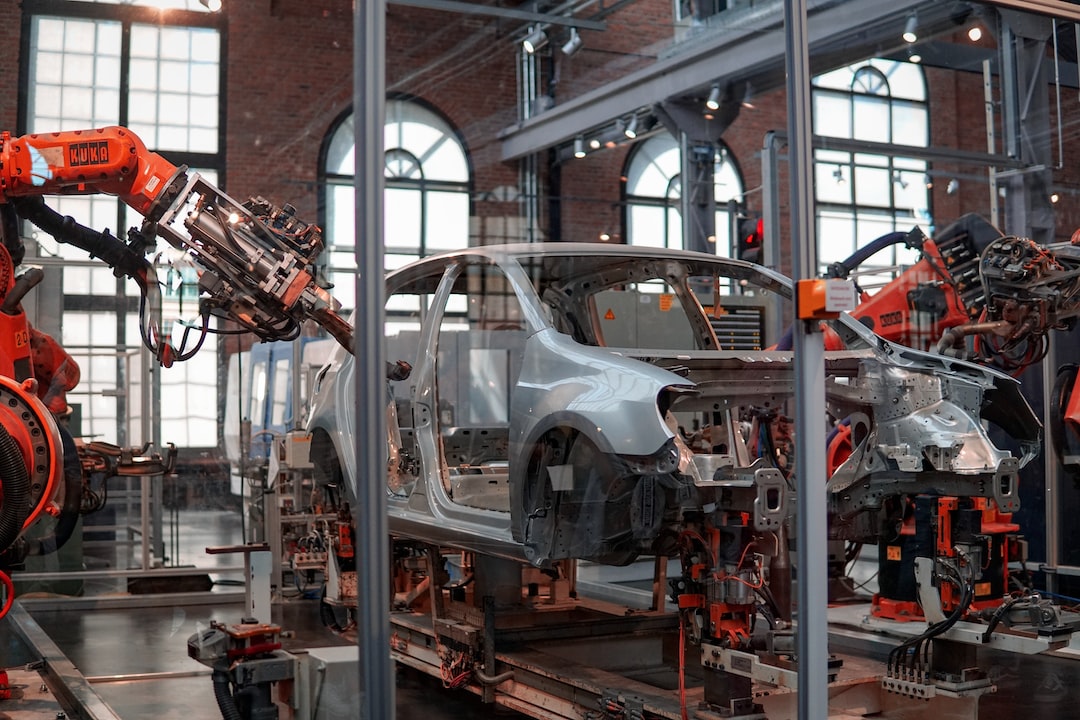The Impact of Artificial Intelligence on Manufacturing Processes
Artificial intelligence (AI) has been steadily making its way into various industries, revolutionizing the way we work and live. One sector that has seen significant impact is manufacturing. With AI technologies gaining prominence, manufacturing processes are becoming more efficient, productive, and streamlined than ever before. In this blog post, we will explore the impact of AI on manufacturing processes and its potential for the future.
AI is essentially the simulation of human intelligence in machines that are programmed to think and learn like humans. In the manufacturing industry, AI has the potential to transform various aspects of the production process, ranging from automation and quality control to predictive maintenance and supply chain management.
One of the key benefits of AI in manufacturing is automation. Traditionally, manufacturing processes have relied heavily on manual labor, which is not only time-consuming but also prone to errors. With AI-powered robotics, machines can now perform repetitive tasks more efficiently and accurately, reducing the need for human intervention. This translates into increased productivity, as these machines can work 24/7 without breaks, leading to faster manufacturing cycles and higher output. Companies can also save costs on labor, as they can employ a smaller workforce while achieving higher production rates.
AI also plays a crucial role in quality control. Manufacturing defects can have significant ramifications, ranging from unhappy customers to massive recalls and financial losses. AI-powered systems can analyze large volumes of data from sensors and cameras to detect defects or anomalies in real-time. This enables immediate corrective actions, preventing defective products from reaching the market and ensuring consistent quality throughout the production process. By minimizing defects, manufacturers can enhance their overall product reliability and reputation.
Moreover, AI has enabled predictive maintenance in manufacturing. Traditional maintenance practices are often reactive, where machines are repaired or replaced only after they break down. This approach can be costly and cause production downtime. With AI, manufacturers can monitor the health of their machines in real-time, analyzing data from sensors and predicting maintenance needs. By identifying potential issues before they escalate, companies can schedule maintenance during planned downtime, optimizing the use of their resources and minimizing disruptions to production. This proactive approach not only reduces costs but also extends the lifespan of machines, maximizing their utility.
In addition to automation, quality control, and predictive maintenance, AI has a substantial impact on supply chain management. In modern manufacturing, supply chains have become increasingly complex, involving numerous suppliers, distributors, and logistics partners. AI can optimize the supply chain by analyzing vast amounts of data, predicting demand patterns, and optimizing inventory levels. By effectively managing the supply chain, manufacturers can reduce costs, reduce lead times, and improve overall customer satisfaction.
Looking to the future, the potential for AI in manufacturing seems limitless. As technology advances, AI can enable machines to have even greater cognitive capabilities, enabling them to make more complex decisions and adapt to changing circumstances. This means that machines can handle more intricate tasks that have traditionally been reserved for human workers, leading to even higher levels of productivity and efficiency. However, it is important to note that while AI has its benefits, it also raises ethical considerations such as job displacement and privacy concerns that need to be carefully addressed.
In conclusion, AI is revolutionizing the manufacturing industry by enhancing automation, quality control, predictive maintenance, and supply chain management. It is transforming the way manufacturers operate by increasing productivity, reducing costs, and improving overall product quality. As technology continues to evolve, the potential for AI in manufacturing processes is only expected to grow. Manufacturers who embrace AI stand to gain a competitive edge in a rapidly evolving landscape, paving the way for a more efficient and sustainable future.

